Top Ten Performances of 2018
1. Mozart’s Così fan tutte at Lyric Opera.
Mozart’s final collaboration with Lorenzo da Ponte is an imperfect work with a problematic finale. But Così fan tutte also contains some of the composer’s most varied and magnificent music in this comedy of four mismatched lovers.
With an elegant production and exceptionally well-balanced cast, Lyric Opera’s delightful Così proved a strong show on opening night in February. Yet by the final performance four weeks later, the vocalism was even more stellar, the comedy more on target, and the ensembles crackled with speedy brilliance under conductor James Gaffigan in his company debut. Very few performances are able to encompass this opera’s broad comedy and emotional depths, and Lyric’s production did so with great style and verve— showing how eternally contemporary Così is in what it has to say about love, lust, relationships, and the eternal foibles and fragility of the human heart.
2. Bruckner’s Symphony No. 6. Bernard Haitink and the Chicago Symphony Orchestra.
Bernard Haitink will turn 90 in March and the conductor announced he is taking an extended sabbatical at the end of the 2018-19 season. One has the feeling that this is the famously objective maestro’s way of announcing a retirement without drawing undue attention to himself and away from the music.
If the majestic October performances of Bruckner’s Symphony No. 6 turn out to be the Dutch conductor’s final Chicago Symphony Orchestra appearance, one could hardly imagine a more fitting and successful farewell. This Bruckner Sixth emerged as a compelling journey from start to finish, seamless in its architectural grasp, eloquent in its expressive range, and thrilling in its youthful vitality.
Is there any conductor currently before the public with the ability to draw consistently successful results across more varied repertoire than Carlos Kalmar? Certainly not in Chicago.
The Grant Park Music Festival’s artistic director and principal conductor is justifiably praised for the commitment he brings to Romantic repertory and neglected American works. But in August, Kalmar led equally remarkable performances of Haydn and Debussy. In the sonic sanctuary of the Harris Theater, the Grant Park Orchestra delivered an array of finely detailed hues and dynamics, bringing striking freshness and individuality to Debussy’s Nocturnes. Aided by an uncommonly fine quartet, the performance of Haydn’s “Theresienmesse” was perfectly realized in every respect—chorus, orchestra and soloists ideally balanced, with Kalmar’s vital, idiomatic direction giving Chicago the finest performance of a Haydn mass in memory.
4. Shostakovich’s Preludes & Fugues. Alexander Melnikov at Mandel Hall.
On a Sunday afternoon in January, Alexander Melnikov offered a rare complete performance of Shostakovich’s Preludes and Fugues in the University of Chicago Presents series. Though modeled upon Bach’s Well-Tempered Clavier, Shostakovich’s Op. 87 offers amazing variety beneath the form’s surface rigor, with some of the Russian composer’s most personal and intimate music. Alexander Melnikov’s technical mastery was manifest throughout this three-hour event and, as the cycle unfolded, his playing became richer and deeper, culminating in a powerful Prelude and Fugue No. 24 of unmistakeable triumphant defiance.
5. Verdi’s Il Trovatore at Lyric Opera.
As is often said, all you need to do Verdi’s Il Trovatore properly are the four greatest singers the world. Lyric Opera’s production of Trovatore in November delivered four big-voiced singers (and a smart, stylish production) in a night of old-fashioned, slam-bang-thrilling opera singing—the kind that is rarely heard on the Lyric Opera stage, or anywhere else, these days.
6. Nielsen’s Symphony No. 4 “Inextinguishable.” Edward Gardner and the Chicago Symphony Orchestra.
Nielsen’s “Inextinguishable” symphony hasn’t been played by the CSO in fifteen years, but in his December subscription debut Edward Gardner led a performance of elemental power and roiling ferocity, with the climactic timpani duel as thrilling and momentous as it was meant to be.
7. Hindemith’s The Long Christmas Dinner. Chicago Fringe Opera.
Chicago Fringe Opera usually presents contemporary works, often with the ink still wet on the page. But in November the upstart troupe offered a 20th-century rarity with Paul Hindemith’s The Long Christmas Dinner. An outlier in Hindemith’s oeuvre, the one-act opera tells the story of multiple generations of a single American family, painted in a flowing, continuous Christmas dinner that spans ninety years (in just 49 minutes). A terrific young cast and brilliant, intimate staging revealed the composer’s 1962 opera as a small masterpiece—a touching yet wholly unsentimental opera imbued with poignance, nostalgia, and a sense of the impermanence of all things.
8. Ives’ “Concord” Sonata and American piano music. Phillip Bush at PianoForte.
The audience turnout may have been small but the musical rewards were vast with the program of American piano music, circa 1918, presented by Philip Bush on a chilly November night at PianoForte. Bush offered a fascinating program of varied keyboard works from the end of the Great War, that included music of Arthur Foote, Leo Ornstein, Henry Cowell, Marion Bauer and Charles Tomlinson Griffes. The evening concluded with an unforgettable performance of Charles Ives’ “Concord” Sonata in which Bush was manifestly in touch with the inward Transcendentalist expression as well as the exhilarating bravura, bringing striking clarity to Ives’ densest contrapuntal thickets.
9. Tchaikovsky’s Symphony No. 6. Michael Tilson Thomas and the Chicago Symphony Orchestra.
What more can be said about Tchaikovsky’s final symphony? Plenty, as Michael Tilson Thomas demonstrated with the CSO in December, leading a notably fresh, dramatic and unhackneyed account of the oft-played “Pathetique.”
10. Verdi’s Requiem. Riccardo Muti and the Chicago Symphony Orchestra and Chorus.
Repeat programming is rarely something to write home about, unless it’s Riccardo Muti conducting the CSO in Verdi’s Requiem. The venerable Verdian has a knack for drawing world-renowned singers stateside for the operatic mass, and November’s riveting performance may have boasted the best cast yet. Mezzo-soprano Daniela Barcellona, tenor Piotr Beczała, and bass Dmitry Belosselskiy cut dramatic figures onstage, but it was soprano—and Muti protégé—Vittoria Yeo, making her CSO debut, whose understated intensity stole the evening. (Hannah Edgar)
Honorable Mentions
Even with an emphasis on marketing-driven programming that continues to dwell unduly on Beethoven, Mozart, Tchaikovsky and Rachmaninoff, the Chicago Symphony Orchestra had many great nights in the past year.
Under Riccardo Muti there was Schubert’s Mass in E flat, which marked the 60th anniversary of the CSO Chorus in style. Rimsky-Korsakov’s Sheherezade spotlighted the brilliance of the CSO’s principals in what is one of the greatest concertos for orchestra ever written. Also, Muti led an impassioned take on Hindemith’s Mathis der maler symphony, as well as a haunting performance of Chausson’s Poéme de l’amour et de la mer with French mezzo Clementine Margaine.
Among CSO guest conductors, Mahler symphony performances by Manfred Honeck (No. 5) and Esa-Pekka-Salonen (No. 9) stood out, as did violinist Leonidas Kavakos’s blazing Shostakovich, and the powerful world premiere of Bruno Mantovani’s Threnos under Marin Alsop.
Other highlights: Maria Agresta’s Mimi in La Boheme and Matthew Polenzani in the title role of Idomeneo, both at Lyric Opera; Music of the Baroque’s St. John Passion; Kevin Puts’ Elizabeth Cree and Tchaikovsky’s Iolanta at Chicago Opera Theater; Lyric Opera’s I Puritani; and Walton’s Belshazzar’s Feast from Carlos Kalmar and the Grant Park Orchestra.
Also Dal Niente’s presentation of Michael Hersch’s bleak yet compelling On the Threshold of Winter; Evgeny Kissin and the Emerson Quartet; UC/Contempo’s Earth Day program with ICE; MusicNOW’s program of American works in well-matched galleries at the Art Institute; and the Silesian Quartet’s survey of 20th century Polish composers in the Chicago Philharmonic’s Polish Festival.
____
R. Murray Schafer’s colorful, scatological Medieval Bestiary might have been the centerpiece of Rockefeller Chapel’s February program “The Sacred Power of Animals,” but the real draw was George Crumb’s Vox balaenae, the musical masquerade played captivatingly by Russell Rolen, Daniel Pesca, and Tim Munro. (Hannah Edgar)
Lenny Overkill
Leonard Bernstein’s 100th birthday was celebrated far and wide across the country, and locally by CSO with several works being performed downtown and at Ravinia (including his rarely heard MASS). While well-intentioned, these homages were way out of proportion to Bernstein’s uneven achievements as a composer.
Now that all the Lenny hype is over, perhaps American orchestras will now start exploring music of other, much more neglected 20th-century American composers: people like David Diamond, William Schuman, Walter Piston, Howard Hanson, Paul Creston and others. Don’t hold your breath.
Most Lukewarm Response to an Announcement
The CSO extended Riccardo Muti’s contract two more years through the 2022 season.
Worst Opera Production
The competition was intense this year, but Lyric Opera’s unheavenly Faust takes the top prize. Despite some striking design elements, director Kevin Newbury’s revisionist staging in March was a disaster, with a fine cast wasted amid divers distractions and interpretive idiocies–not least Mephistopheles yanking Marguerite’s baby from her womb in the church scene. Lost amid the solipsistic conceits was any sense of the beauty, nobility and (of course) spirituality of Gounod’s opera.
Second Worst Opera Production
Director David Pountney’s unfolding Ring cycle continues to go from bad to worse. Even with an uber-cool dragon and a terrific cast, the director managed to snatch defeat from the jaws of victory in Lyric Opera’s November production of Siegfried. With Pountney’s literal conceit of Siegfried as a doltish, simple-minded child, rising German Heldentenor Burkhard Fritz made his American debut clad in a cheap pullover shirt stained with crayon, and was forced to wear the same unflattering getup for the entire five-hour performance..
Backstage Opera Drama Part I
For the first time in its history, Lyric Opera has refused to make public its financial report for the past fiscal year.
Backstage Opera Drama Part II
Though the fall strike by Lyric Opera Orchestra members was settled in less than a week, bitterness over the many concessions made by musicians is likely to resonate for years to come.
More broadly, at a time when opera is an increasingly tough sell, Lyric general director Anthony Freud and colleagues have responded to the challenges by adopting a pessimistic and reductionist philosophy—drastically downsizing the number of performances, as well as the size of the orchestra and chorus. Can a seven-opera season be next?
Perhaps the inability to sell subscriptions has less to do with an assumed irreversible decline in the popularity of the art form, and more to do with the dearth of stars at Lyric and the wild inconsistency of productions in the Freud era—unaided by an overall lack of leadership and some grievously misplaced priorities.
But don’t worry. Creative consultant Renée Fleming’s upcoming evening of conversation with Chance the Rapper at Lyric seems like just the sort of event that will help sell tickets to Elektra and Traviata.
Quite Some Quartets
The Takács Quartet showed itself still reigning high among the world’s chamber groups in their first local appearance with new second violinist Harumi Rhodes at Mandel Hall.
Chicago’s enterprising Spektral Quartet gave the belated U.S. premiere of American ex-pat composer Gloria Coates’s String Quartet No. 7 at Rockefeller Chapel—18 years after it was written.
Most Impressive Debut
Pianist Seong Jin Choi showed dazzling panache in his Chicago debut at Mandel Hall in October, the Korean pianist demonstrating a rock star charisma that drew a mob of adoring (mostly female) fans.
Least Impressive Return
Daniel Barenboim’s ballyhooed return to the CSO in November after a 12-year absence was far from a triumphant homecoming, with the former music director’s hectoring direction and musical micromanagement doing no favors for Smetana’s Ma vlast.
Best New Player
The Chicago Symphony Orchestra finally found its principal oboe, and after just three months the gifted William Welter is already fitting superbly into the woodwind section like a seasoned veteran.
A Fond Quasi-Farewell
My friend and colleague John von Rhein retired from the Chicago Tribune in July after more than four decades on the beat as the paper’s classical music critic. Fortunately, JvR is still plying his trade, with regular insightful, elegantly written reviews, including for CCR.
Posted in Articles
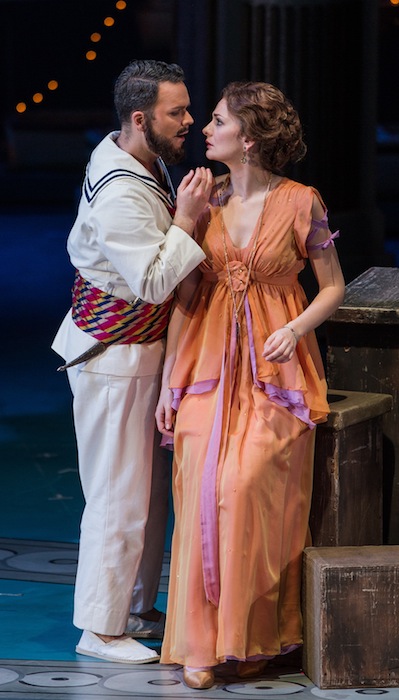
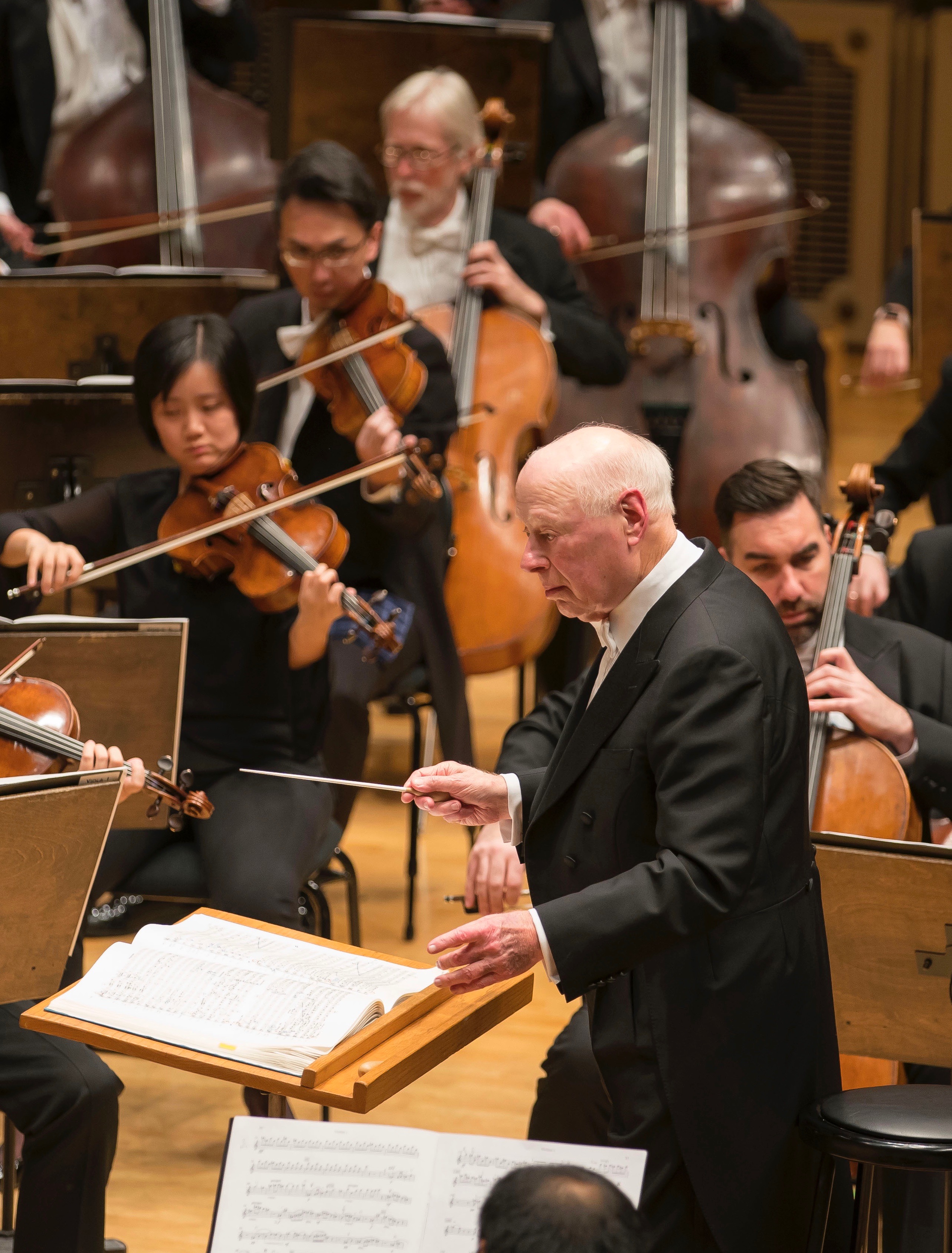
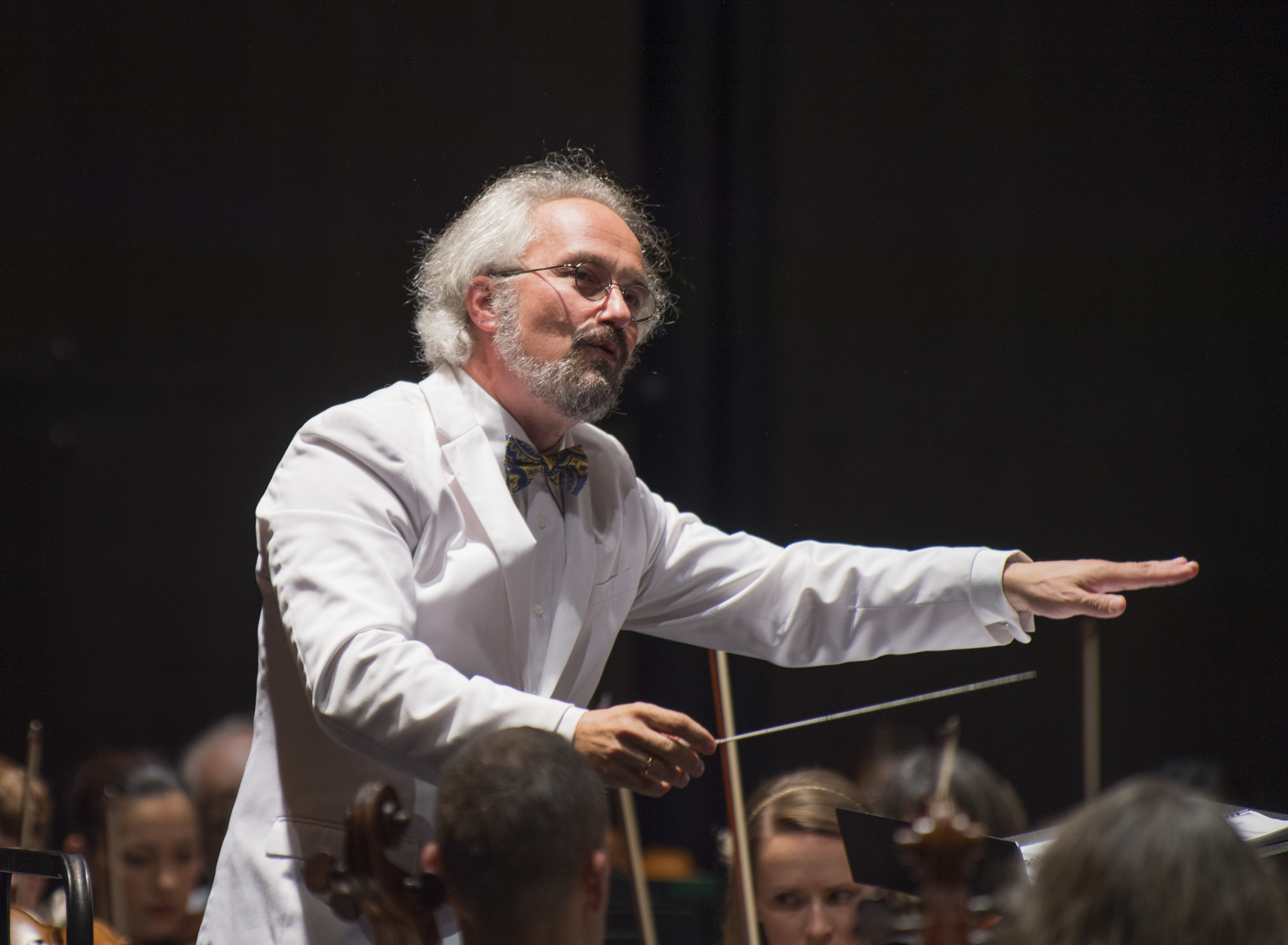
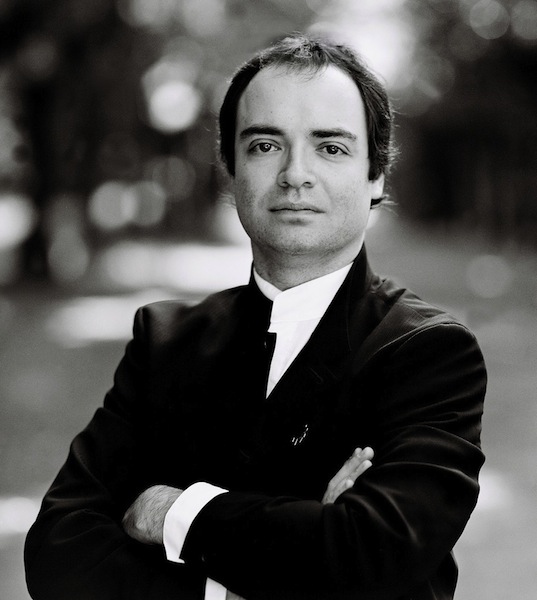
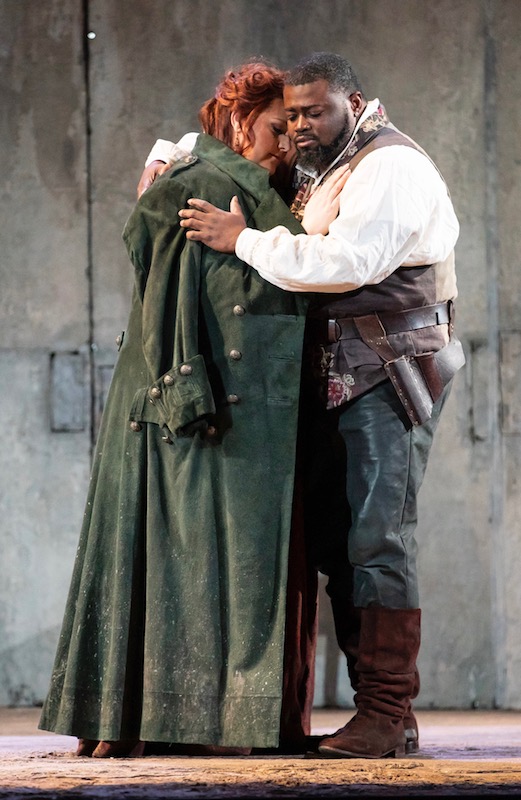

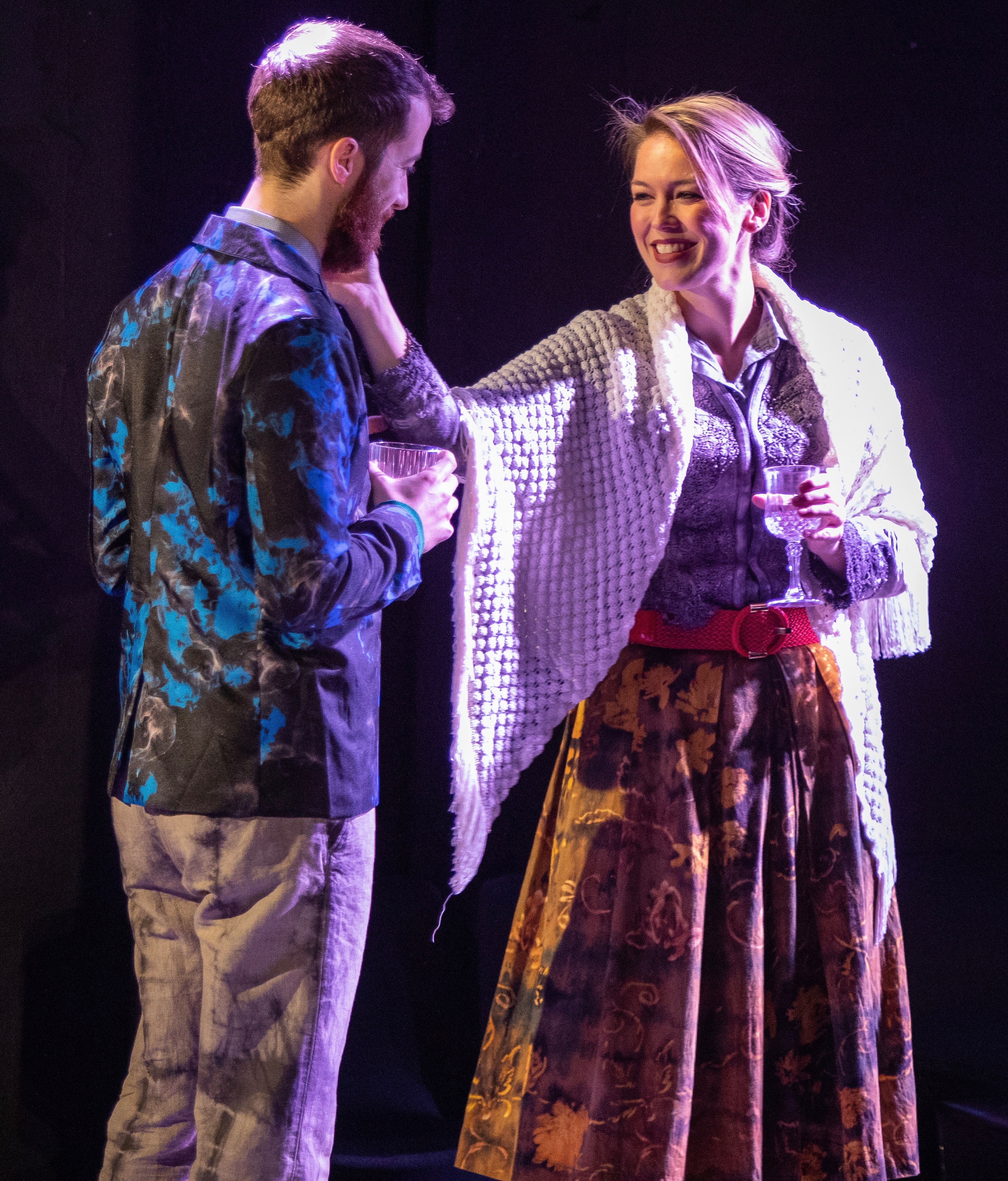

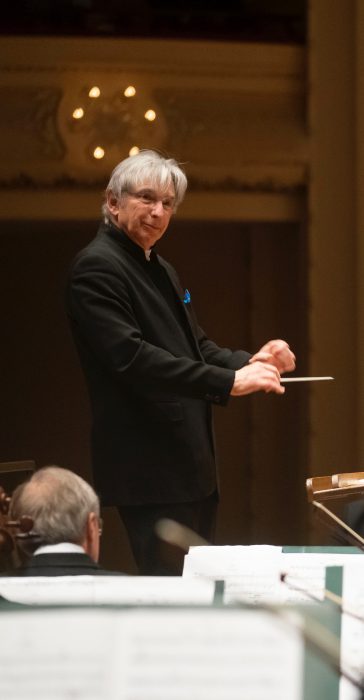
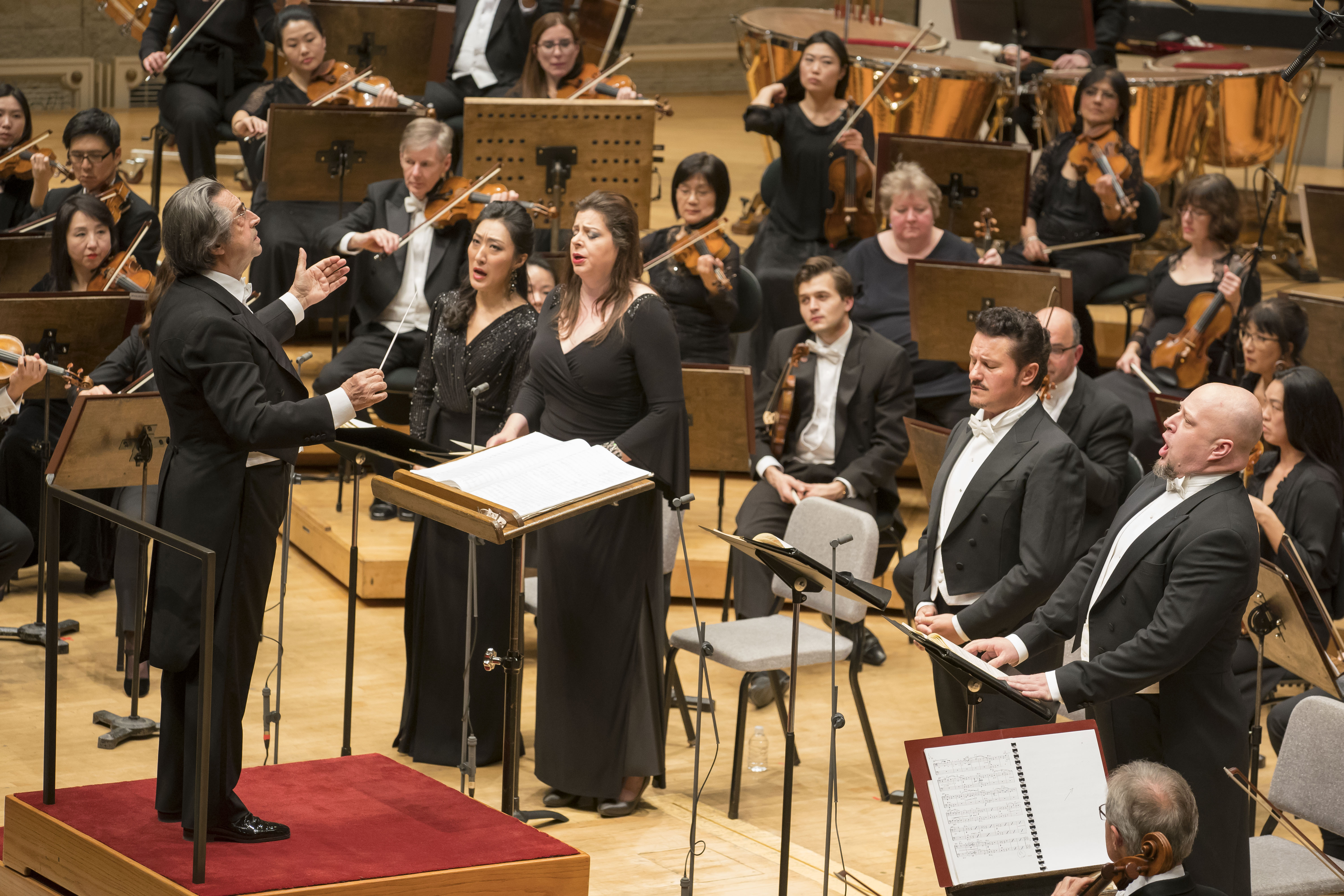





Posted Dec 26, 2018 at 7:06 pm by DANIEL T PYNE
Regarding the backstage section of this article, Lyric management claims subscribers like me are “falling off” because they are “greying” or rethinking their entertainment choices, neither of which explains why I and a dozen other people I know recently cancelled our subscriptions. This is simply a convenient narrative for management to distance themselves from the responsibility of declining revenues.
Lyric should pay attention to how they treat their subscribers. Prior to cancelling, Lyric changed me out of my seat for 4 of the 8 operas, meaning that for 50 per cent of the season, my seat was farther back and our coterie of friends was spread to the four corners of the house. Lyric could have easily kept us as full freight subscribers. Instead, we now pursue the single ticket promo codes for our list of “must see” operas at a fraction of the cost. The more I speak with other opera goers, the more I learn that many of them share the feeling that the people running Lyric have disdain toward their base. I’m not sure if this was an attempt at humor, but I don’t think Renée Fleming is going to be of much help. I predict that Lyric will go to a 7 or 6 opera season if there’s no change at the helm and a return to customer service.
Posted Dec 27, 2018 at 7:25 am by John
I plan to cancel my Lyric subscription after this year, too. For me, it’s not the treatment of the subscriber base, though it’s far from what it used to be. It’s the artistic choices of the new management.
Far too many operas have been poorly cast, either with mismatched singers or artists who would never have been put on the Lyric stage in the past. And don’t even get me started on the awful productions that seem to absorb most of the attention and funds of the new regime.
Posted Dec 30, 2018 at 7:34 pm by Jeff
Thank you for noting William Welter’s exemplary work as the CSO’s new Principal Oboe. He is an exceptional artist.
Posted Mar 05, 2019 at 11:37 am by V C Tirumalai
I subscribed to the 2019-20 season and also got the ring cycle.
But like many others, this may be my last season as subscriber. I feel that the two Brits at the top of the organization seem like a couple of upper class twits from a Monty Python Sketch. Opera in Europe is a state supported institution which allows for a different sensibility, when it comes to staging and production values. The people in charge can safely exclude the sensibilities of the audience (especially Subscribers) when making artistic decisions, knowing that the state support will always be there. It cannot be done here in the US as the artform does not get as much state support and has to rely on a donor and subscriber base more. These buffoons seem to think that anything that they can get from ‘name’ people from Europe will be willingly accepted by the ‘rubes’ here.
Ever since Freud took over complete control; I have not liked the direction of the Lyric. The treatment of Subscribers has noticeably worsened. I know of at least two long term subscribers who have cancelled their subscriptions; solely due to the lack of courtesy shown to subscribers. The productions are woefully bad. Just, really really terrible. It almost feels like they hire these ‘name’ directors; and are not willing to say NO to some of the outlandish ideas they foist on us. And the Board has had so much turnover; they don’t seem like they can control these Egoists. Just because they speak in a posh British Accent; does not mean that everything they are doing is classy. Instead of Euro-class; we are being subjected to Euro-Trash (with a nice plummy accent; mind you).
The only reason I subscribed is to finish my quest to see the ring cycle as a cycle. After that; I am OUT.